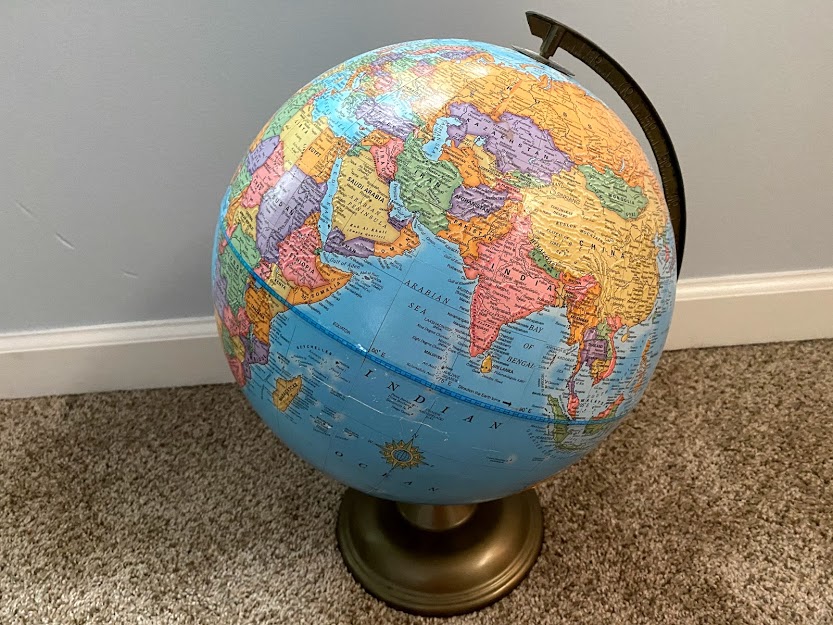Roaming the globe
While the United States has continued to struggle with the COVID-19 pandemic, racial injustices, and ongoing natural disasters, the country is not the only one in crisis. With protests spiking and a lack of equal vaccine distribution, nations across the world are being torn apart.
Numerous countries have rotated in the top spot for the highest number of COVID-19 cases within the last year. Though the U.S. is currently in the lead, India is rapidly advancing on them. India is having difficulty vaccinating its citizens— after the U.S. brought out the majority of vaccines — as a second wave of the virus overwhelms their enormous population, sinking their citizens deeper into poverty. After officially passing the 20 million case mark earlier this month, India has begun to announce various shutdowns in an attempt to push out their vaccines before they reach a point they cannot save themselves from.
“The COVID-19 crisis in India is becoming worse and worse because of their population size. Even though we are a smaller country, we have it easier, and the vaccine is more accessible. It is difficult for India to give them out with their large population, but they need it more,” Isabel Springer, freshman, said.
4,576 miles away, the French public is in turmoil due to the government’s recent announcement banning women under 18 from publicly displaying their religion. Social media quickly blew up with cries of Islamophobia and sexism, and the hashtag #HandsOffMyHijab is currently trending to show disapproval of the amendment. The French government claims to have created this law to stop religious oppression and separate religion from state, but many see the outcome as contradictory from what they had intended, as it restricts young girls’ choices about what they wear and display.
“I am not a Muslim, but it is undeniably so upsetting that the French government would want to persecute hijab wearing Muslin women for practicing their religion,” Sophia Younts, senior, said.
France and India are not alone in devastation; Myanmar reached its four-month mark governed under a coup (a fast, illegal seize of power), and protests continue to rage across the country. Radicals march for democracy and freedom, and while many of their marches are peaceful, some have evolved into violent riots. Eight protesters were killed on May 4 after the Myanmar security force shot into multiple civilian crowds. The uprising has gained many neighboring countries’ attention, and they are currenlty working to help Myanmar resolve this dispute.
“We have fractured supply chains, (disrupted) movement of people and movement of goods and services, the banking system essentially suspended, remittances not being able to reach people, social safety payments that would have been available to poorer households not being paid out. These are just some of the immediate impacts (…) The protracted political crisis will obviously worsen this,” UNDP (United Nations Development Programme) administrator Achim Steiner said.
Racism, prejudice, civil rights, and the COVID-19 pandemic are not only causing catastrophe across the United States, but in nearly every country outside its borders. As the pandemic continues, poverty and sickness have intensified as well, digging countries deeper into crisis.

Hello, my name is Hailey, and I am a senior at Etowah. This is my fourth year on the Talon, and I am Editor in Chief. I am in a lot of various clubs at...

